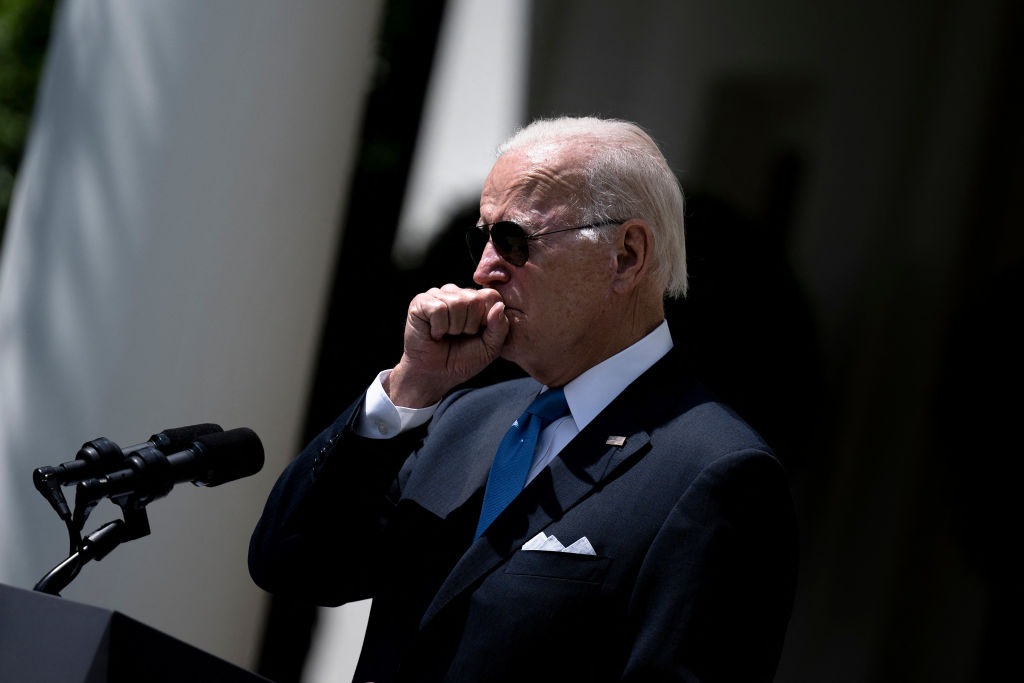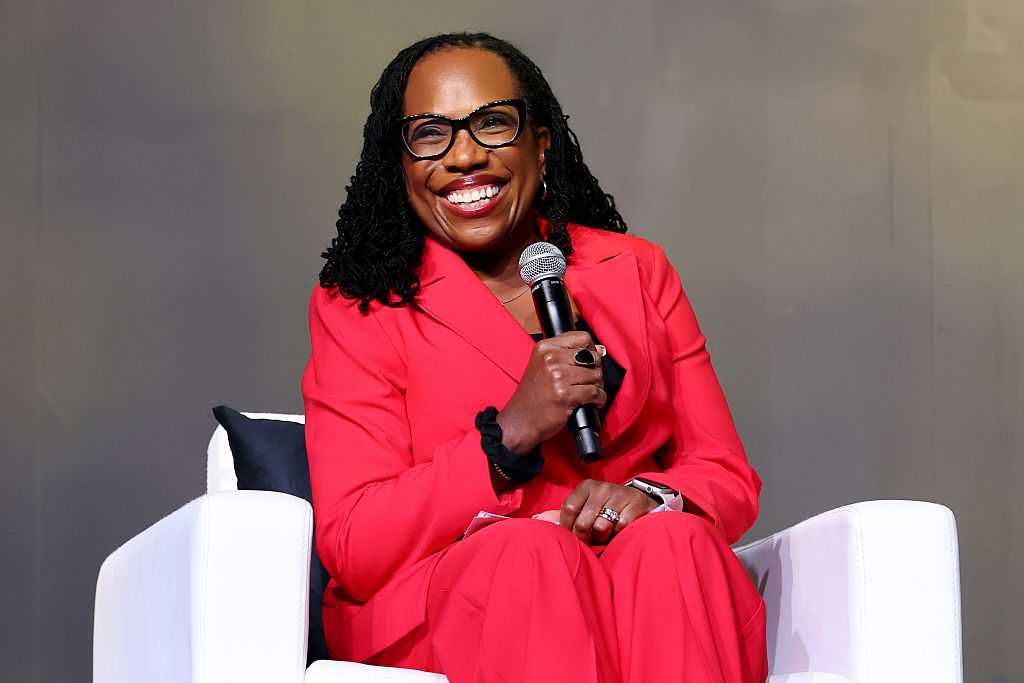Commentators find it tedious to keep pointing out that Donald Trump has won yet another primary by yet another huge margin. He just defeated Nikki Haley by more than forty points in Michigan, for instance, and many journalists seem to be focusing on his struggle to win over key “voter blocs.”
She will inevitably cave to reality after Super Tuesday next week
A lot of this talk is pure wind. Yes, Haley performed well in suburbs around Detroit and Michigan among voter groups that Trump will have to do better with in order to win in a general election against Joe Biden. But Michigan, like South Carolina and New Hampshire, is an open primary, in which all registered voters can vote for the Republican candidate, and a higher level of Trump resistance is therefore inevitable. The more pertinent point is not how weak Trump is, but how strong. He has won every state with ease. He’s knocked out all challengers bar Haley, and she will inevitably cave to reality after Super Tuesday next week, when she will almost certainly fail to win a state. In Nevada, a closed (and this year messy) primary, she lost to “none of these candidates.”
Michigan will be a closely contested swing state in 2024. But last night’s Democratic primary showed that Joe Biden has problems there too: Michigan has a large Arab and Muslim population — the second largest behind Texas — and that partly explains why some 13 percent of voters, disgruntled at the Biden administration’s refusal to condemn Israel, opted for “uncommitted” instead of for their president.
That’s not a huge number, and very few of those uncommitted voters will embrace Trump in November, but Team Biden will be well aware that even a small number of disaffected voters in tight states could make all the difference. The latest general election polls put Trump several points ahead in the Great Lakes State.
It’s no great revelation that most Americans are unhappy about the prospect of a Trump versus Biden rematch. What’s more striking is the failure of other candidates to come close to stopping it. For now, Haley’s doomed campaign is serving merely as a dummy run, which will help Democrats and Republicans see where opposition to Trump is strongest in what pollsters call the “swingiest” states. And maybe that’s the point.
This article was originally published on The Spectator’s UK website.


























Leave a Reply